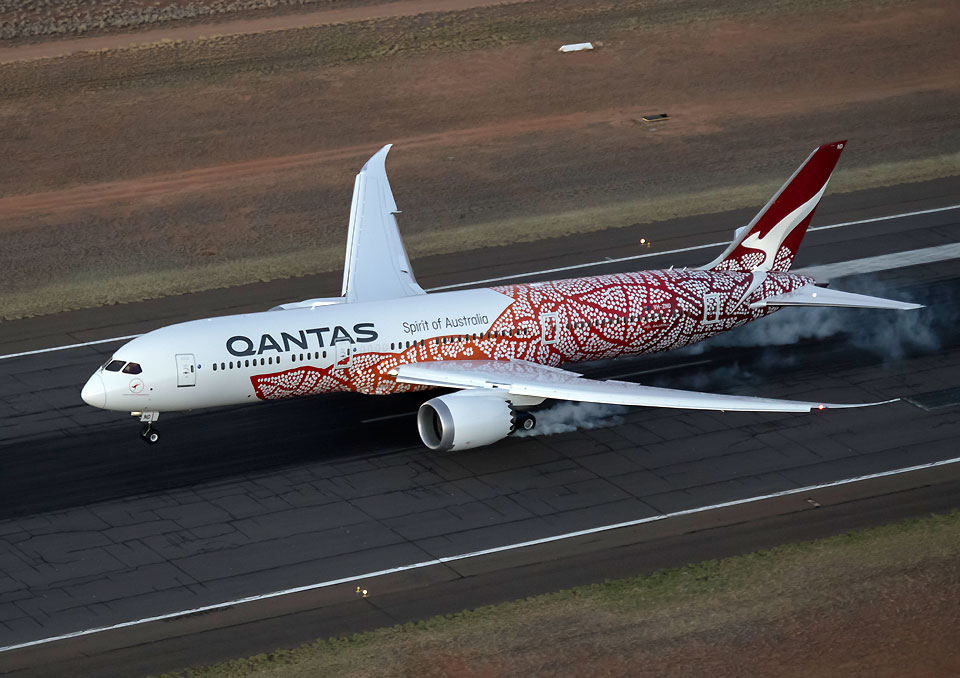
American Express Ground Monitor 2019 unveils upcoming trends to car rentals, ride-hail services and MaaS
- June 6, 2019
American Express published its Ground Monitor 2019 report on car rentals, ride hail services and the future of MaaS.
Ground is one of the most innovative and fast-evolving areas in travel, with disruptive new platforms and players emerging all the time, from almost every corner of the world. It accounts for a significant – and less visible – proportion of corporate travel budgets. Most business trips begin and end with ground segments: it’s a core part of the traveller experience. Its anticipated that price rises will remain stable restricted by competition despite car rental providers facing cost pressures throughout 2019.
Mobility as a moving target.
Mobility is a moving target Innovation defines the dynamic ground transport sector – but regulation plays an increasing role. Around the globe, local authorities have tightened legal controls over ride-hail providers. Higher fares are the immediate consequence. In the longer term, regulatory concerns about congestion and the environment will drive innovation in the direction of green transportation technologies. Hundreds of cities across the world operate congestion charging and low emission zone schemes, which have spurred the introduction of low and ultra-low emission vehicles, autonomous vehicles and bicycle-share schemes.

Over time, Mobility as a Service (MaaS) platforms will emerge to allow travellers to easily manage the growing set of ground services from their smartphones, from ride-hail and electric scooters to local rail services. Will travel buyers embrace MaaS? As with ride-hail, this is a decision likely to be driven by travellers. The best outcome for the program – in terms of productive, happy and safe travellers – will be for buyers to provide the required policy and safety rules
Ride-hail as a part of the corporate travel program is acceptable but not mandated.
Making ride-hail part of the program Travellers are increasingly making app-based ground transport, such as ride-hail, car clubs and ride share, part of their travel toolkit. Corporations have kept pace with traveller behaviour by including ride-hail services, such as Lyft, Uber and Didi Chuxing, in policy. In GBT’s experience, many corporations allow travellers to use approved ride-hail services, but do not mandate their use. As they become comfortable with ride-share, it is likely corporations will move rapidly to allow the use of other app-based services.

Car clubs offer tremendous flexibility: a driver can pick up a car and use it for a period as short as 30 minutes. Another factor that will spur adoption: car clubs are often backed by big car rental companies. These companies have brands, systems and interfaces that are familiar to travel buyers. The car rental companies already pitch their fleet management propositions to travel buyers. Integrating car clubs into the program does not feel like a big step. Ride share may be a less attractive proposition for travel buyers. Traveller safety is one area of concern; privacy is another, particularly where travellers need to talk business or take part in calls while on the move. As with the adoption of ride-hail, this may be an area in which travellers lead and the corporation ends up following while finding ways to manage the situation.
Email us for a copy of the full report













